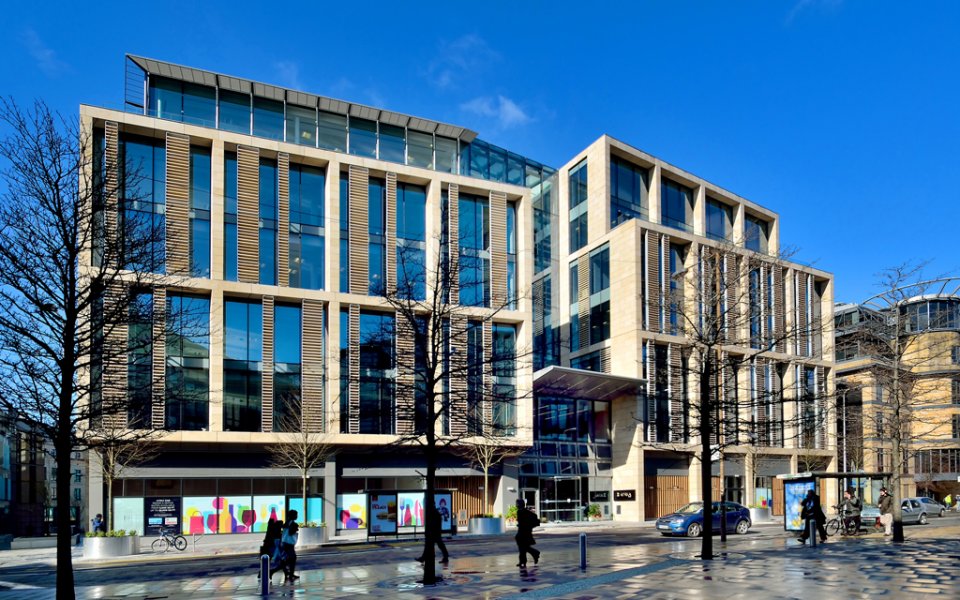
Edinburgh should stay the top UK location for commercial property investment outside London post-Brexit

It’s fair to say we live in interesting times post-Brexit.
The only tangible outcome of the United Kingdom’s EU referendum on 23 June has been uncertainty so far. But while many across corporate Britain wait for greater clarity, property deals continue to be made – with investors showing a clear preference for traditionally strong, robust regional destinations such as Edinburgh.
In the run-up to the referendum, research by legal firm Morton Fraser revealed that Edinburgh continued to be the most attractive British location for commercial property investment outside London.
Scotland’s capital emerged as a clear favourite from a list of ten cities across the UK when investors were asked to rank each destination according to how appealing a prospect they were.
That underlining investor confidence was reflected in strong H1 performance from Edinburgh’s commercial property sector, with a string of new deals being announced including The City of Edinburgh Council announcing the sale of Atria, its award winning Grade-A office development, to Germany based Deka Immobilien for £105m.
Demand outstrips supply
Commercial property consultancy Knight Frank described take-up of office space as ‘robust’ during the three months to the end of June, despite declining business confidence across the UK. In fact, driven largely by professional services and technology, media and telecoms businesses, occupier take-up enjoyed its strongest year for almost 15 years in 2015.
Despite concerns surrounding the impact of post-Brexit negotiations and the resulting widespread uncertainty, the signs are in summer 2016, that Edinburgh maintains its appeal among investors seeking solid yields and reduced risk.
With demand for grade-A office space in Edinburgh city centre continuing to outstrip supply, rents of up to £33 per sqft, previously considered ‘super-prime’, have been secured as recently as July 2016.
It’s clear to see why investors remain interested, driving demand for new developments and grade-A conversions while removing the need to offer incentives to prospective tenants in the core of the city centre.
With the number of new developments proving insufficient to meet growing demand, 2016 has seen a number of transactions for large offices in the capital, which will be refurbished to grade-A standards.
A market with broad appeal
Activity hasn’t just been limited to the city centre. Edinburgh Park, located to the west of Edinburgh has seen a number of significant transactions, driven by a combination of factors – improved availability and lower costs than the city centre, a high quality business environment, and its accessibility to both Edinburgh International Airport and the city centre via tram.
Property investor Drum recently acquired 24,000 sqft of grade-A office at Edinburgh Park for £4.5m, reflecting a yield of 8.5%. The property counts DNV GL, the international certification organisation, IT consultant Exception and Lockheed Martin among its tenants.
The purchase means Drum’s real estate investment trust (REIT) has now acquired a property portfolio in excess of £45.7m since it listed on the London market last year. John Evans, chairman of the Drum Income Plus REIT, said the Edinburgh acquisition comes as the trust continues to seek assets “in strong regional locations with opportunities to increase value.”
It’s clear that we are still at an early stage post-Brexit and it will be some time before the full implications for the UK and Scottish economies and real estate markets can be fully understood.
Despite short term falls in property prices, commercial property as an asset class is still viewed as a solid long-term investment, especially in such a low interest environment; and cities such as Edinburgh continue to demonstrate considerable resilience and an enduring appeal.